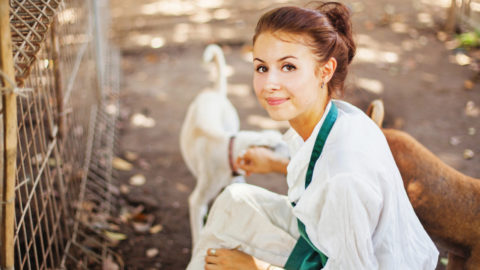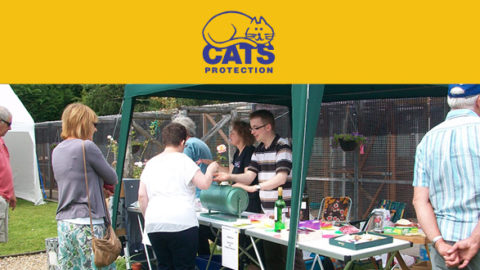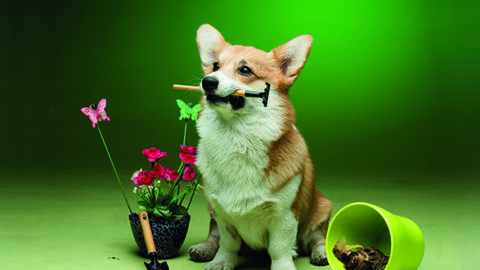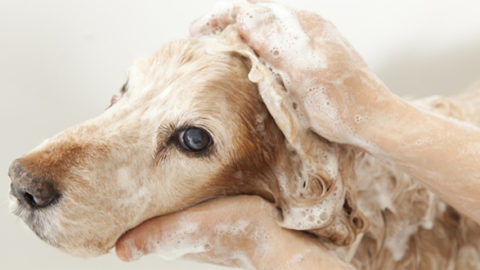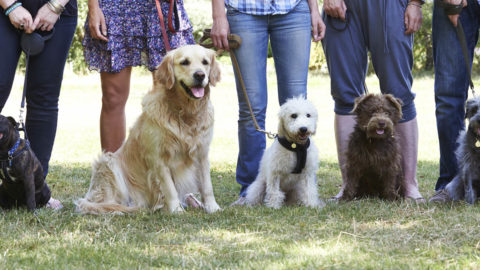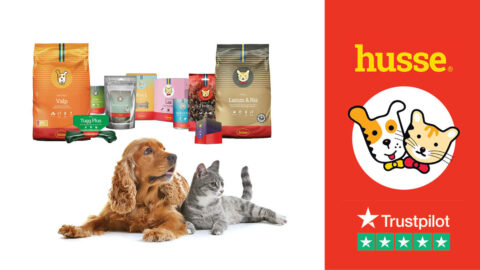Keeping Your Pets Well Watered
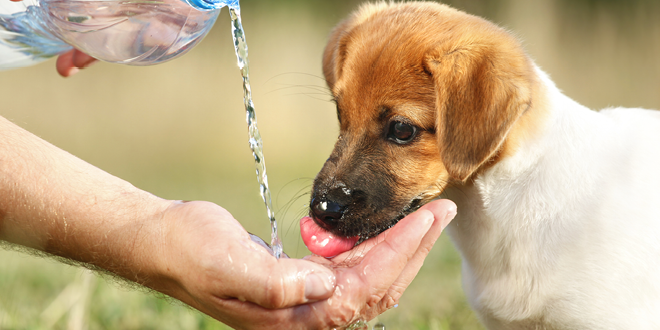
Whether it is your cat, dog or rabbit, it is important to avoid them suffering from dehydration. We have got the whys and hows!
One of the main concerns for our pets during the summer months is the heat and with this comes the worry of dehydration. Each year many pets get ill simply through not consuming enough water.
How much should they be drinking? According to a recent survey by Cencuswide, 45% of UK cat and dog owners were unsure just how much their furry pals should be supping.
As 80% of our pet’s bodies are made up of water, it is important that they are getting the right amount.
The amount our pets should be drinking all depends on their size. For example rabbits, cats and small dogs such as Yorkshire Terriers need to drink 315ml each day, dogs weighing up to 8.5kg (like Westies) require 560ml, larger dogs weighing up to 24kg (such as Springer Spaniels) need 1680ml and big dogs like family-favourite Labradors must drink 2450ml. In summer, these amounts should be doubled to keep your pet hydrated and happy.
Signs to look out for:
Worryingly, 70% of pet owners asked in the same survey, said that they did not know how to spot if their pet was suffering from dehydration.
So, just what are the signs to look out for? General dehydration signs for rabbits, cats and dogs include lethargy, sunken eyes, loss of appetite, dry mouth, fast heartbeat, panting and even depression.
Skin elasticity is also a key sign that your pet is suffering. So much so that by gently pulling a small section of skin from behind their neck and seeing how long it takes to ping back can clearly tell you if your pet is dehydrated. If the skin snaps back into shape in seconds, they are well-hydrated, however, if it takes time, it’s likely that your pet needs to be better hydrated.
[box type=”shadow” align=”” class=”” width=”600″]Top tips for hydrating your pet
Apart from ensuring your pet meets their target water intake each day, these tips will also keep your pet well watered:
- Make sure there is a bowl of water left out for them so they can drink all day. Don’t forget to re-fill it if you see it is empty.
- Add wet food to their diets. Dry foods can be, well unsurprisingly, drying especially in the summer months. For cats and dogs add wet food to replenish their water levels and for rabbits, up the greens – especially moisture-rich vegetables like celery.
- Exercise your pet early in the morning or in the evening. Just like when we exercise in the heat of the day, our pets can easily become exhausted, and this can lead to dehydration. By letting them off the lead or to run around the garden during the coolest part of the day, it will allow them to let off steam without getting too hot.
- Whether you are off for a walk with the dog or taking your cat or rabbit to boarding while you go on your summer holiday, if you’re planning to spend time with your pet in the car; take some water with you. Cars can get hot and stuffy quickly in the sunshine, and if you feel thirsty, chances are your pet will too.
- Ensure they sit in the shade. Tempting as it is to let them lounge in the sunshine, just like you would with yourself or children; try and make sure your pet avoids direct sunshine, especially between 12.00pm – 3.00pm. This might mean moving huts and cages and encouraging them to find new favourite spots, but it will help to reduce the risk of dehydration and sunstroke.
By Shelley Welti

